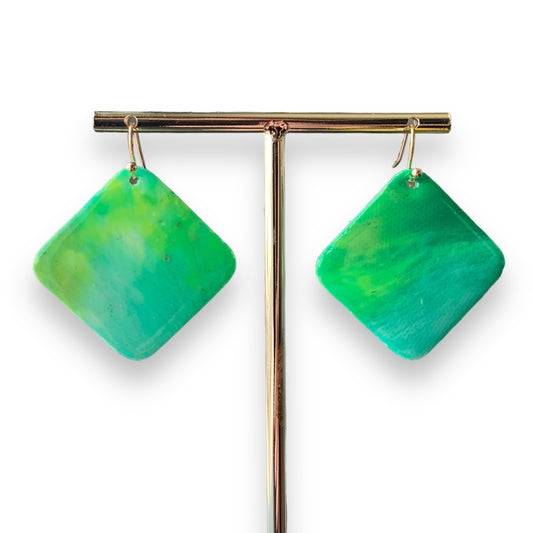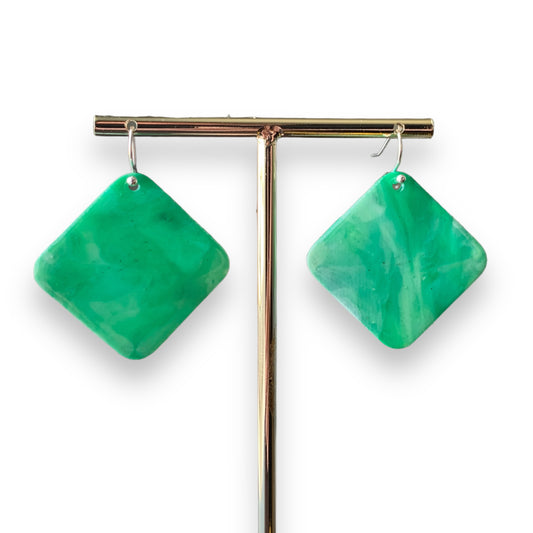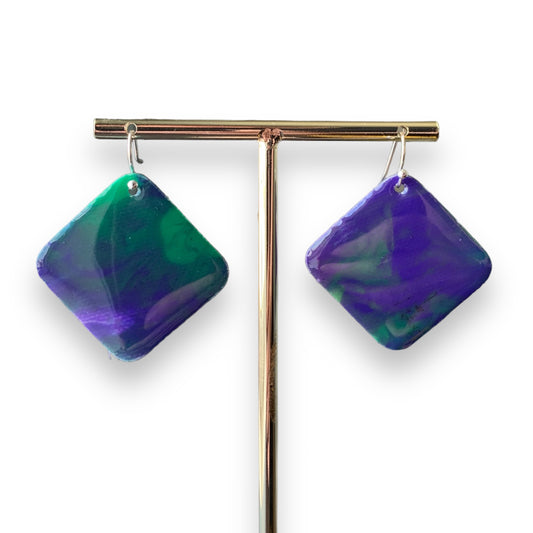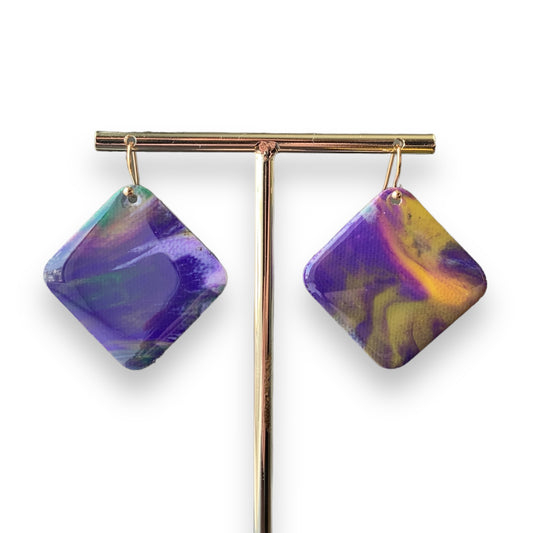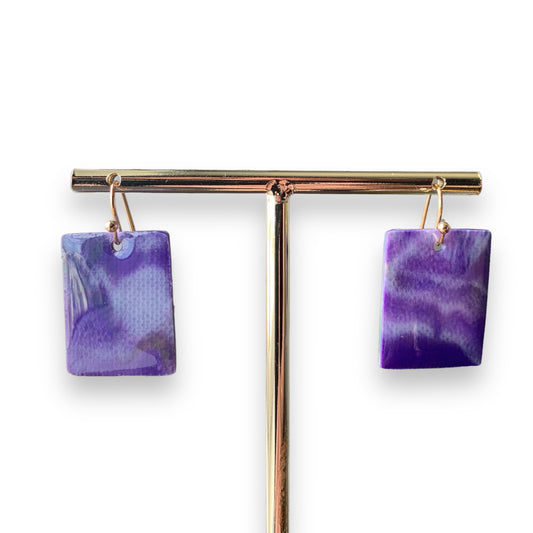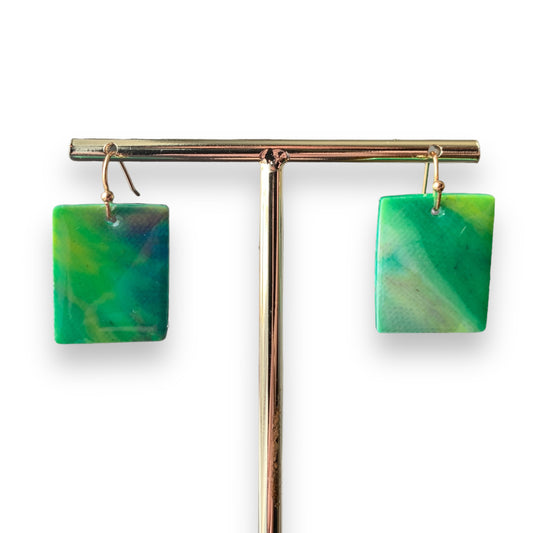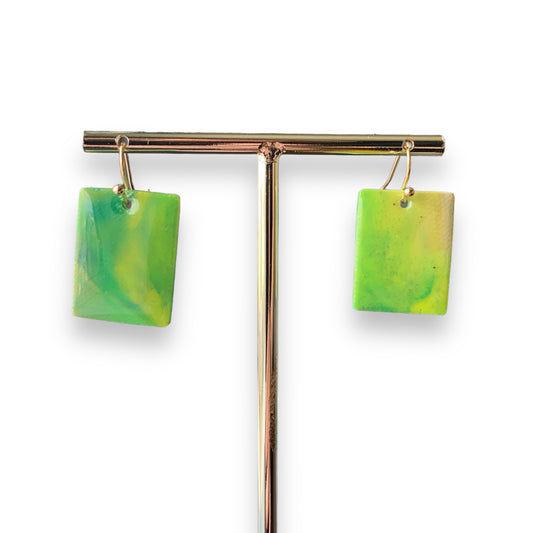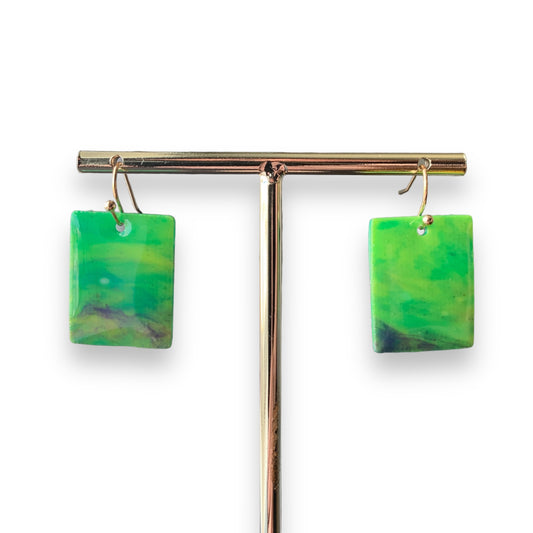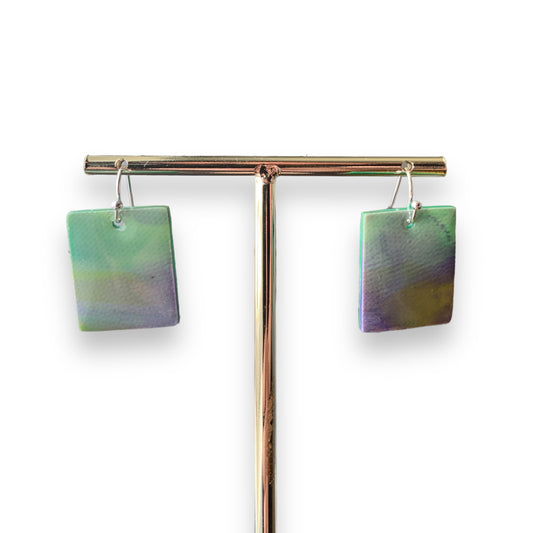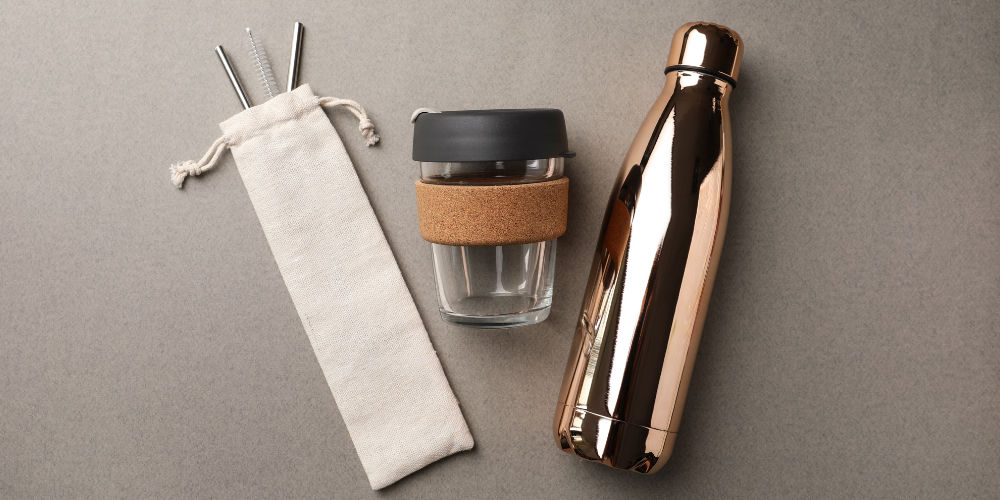
The World without single-use plastic.
Share
Can you even imagine the World without plastic? It is a challenging mental exercise. Since 1907 when Leo Baekeland, a Belgian chemist, pioneered the first fully synthetic plastic, it made its way to every aspect of our life. It is everywhere. Not all plastic is bad. We use it to build useful things which last. The most dangerous, however, is single-use plastic.
I am old enough to remember the day-to-day life without it. I remember buying loose fruits and vegetables and carrying them home in fabric, handmade bags. I remember big family gatherings with food served on porcelain and glass plates. Lunch was packed in paper and glass water bottles.
When single-use plastic became popular, I remember laughing at my grandparents, who would wash every plastic bag, and dry them in the sun, to use it again. I felt embarrassed by their practice and considered it old fashion. They put in extra work to make the bags last. A teenage me could not understand that.
The single-use plastic brought convenience into our lives. It made things easy and reduced the work we do every day.
I believe it is one of the biggest problems to solve when it comes to reducing the usage of it - our habit.
From a psychological point of view, we struggle to change the habits which make our life difficult, so breaking up with a convenient routine is even more challenging. Turning the clock and getting back to a lifestyle from 40 or 50 years ago sounds almost impossible.
And yet small imperfect steps will help.
Here are some effective ways to minimise your consumption of single-use plastics:
- Bring your reusable bags: Carry reusable bags whenever you go shopping. Keep a few reusable bags in your car or backpack so that you're always prepared.
- Use a reusable water bottle: Instead of buying bottled water, use a refillable water bottle. Stainless steel or glass bottles are durable and can be filled up at water fountains or taps.
- Carry a reusable coffee cup: If you're a coffee or tea lover, bring your reusable cup to your favourite café. Many coffee shops are happy to fill your cup instead of using a disposable one. Some also offers a discount.
- Say no to plastic straws: Refuse plastic straws at restaurants and cafes. If you prefer using a straw, consider getting a reusable one made of stainless steel, bamboo, or silicone.
- Pack your meals and snacks: Prepare your meals and snacks in reusable containers instead of relying on single-use plastic wrap or bags. This is not only eco-friendly but can also save you money.
- Choose fresh produce and bulk items: Opt for loose fruits and vegetables instead of pre-packaged ones. Shop at stores that offer bulk bins, where you can bring your containers for items like grains, nuts, and spices.
- Avoid single-use plastic cutlery and plates: When eating out or ordering takeout, politely decline single-use plastic cutlery and plates if you don't need them. Carry your reusable utensils or ask for biodegradable or compostable alternatives.
- Buy in bulk and use refillable containers: Purchase household items like cleaning supplies, shampoo, and laundry detergent in bulk sizes. Refill them into reusable containers, reducing the need for individual plastic bottles.
- Choose reusable alternatives: Instead of using disposable items like plastic razors, pens, or lighters, opt for reusable alternatives made of materials like metal or wood.
- Spread awareness and influence others: Educate your friends, family, and colleagues about the importance of reducing single-use plastic waste. Encourage them to adopt sustainable practices and make conscious choices.
Remember, every small step counts. By making a conscious effort to reduce your consumption of single-use plastics, you can contribute to a significant positive impact on the environment.


